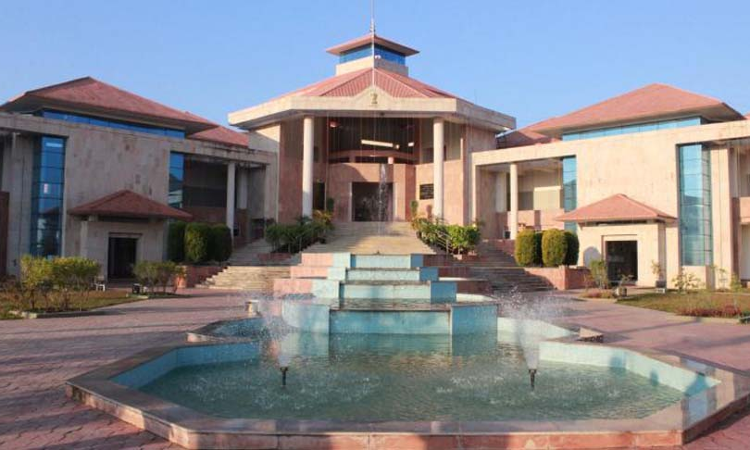Manipur HC Quashes Manipur Public Service Commission Exam, 2016; Orders CBI Enquiry
Akshita Saxena
21 Oct 2019 7:01 PM IST

Next Story
21 Oct 2019 7:01 PM IST
The Manipur High Court on Friday quashed the Manipur Public Service Commission Exam, 2016 and ordered an independent CBI enquiry into the conduct of the Manipur Public Service Commission (MPSC) in conducting the said examination. The order was passed by a division bench of Justice Lanusungkum Jamir and Justice Kh. Nobin Singh in various writ petitions and writ appeals filed by...
